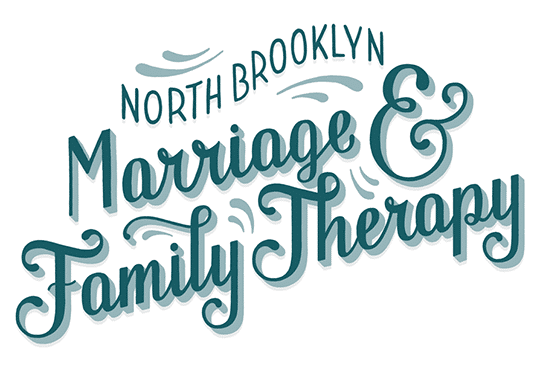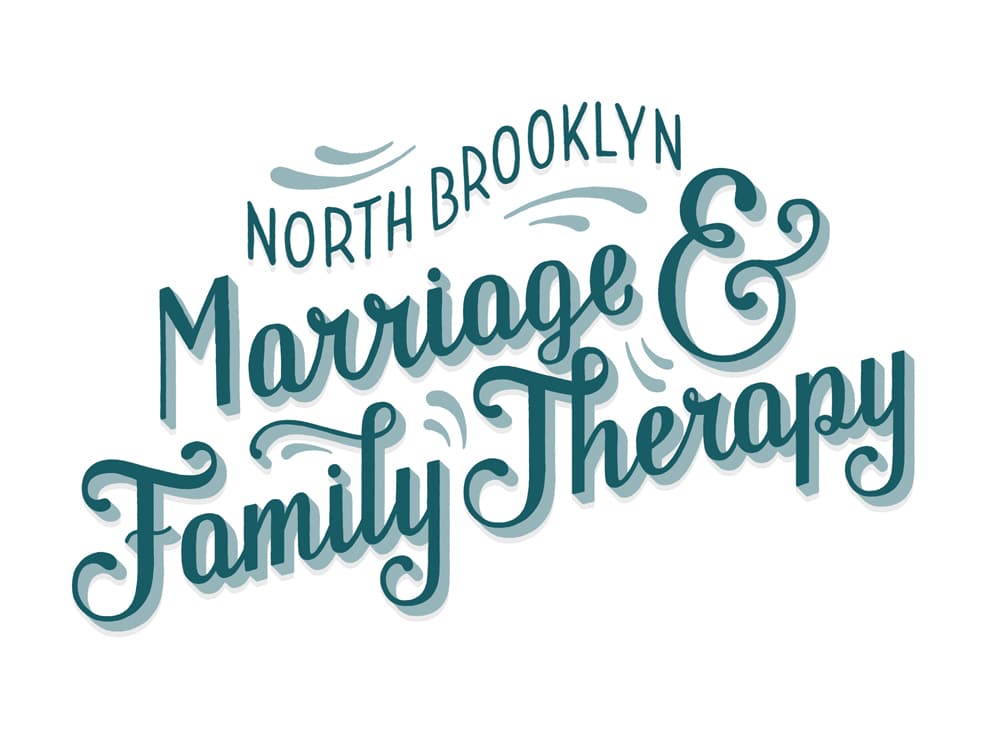How can you tell you have a dysfunctional family relationship?

There’s an old saying, “you can choose your friends, but you can’t choose your family.” If you’re like most families, disagreements and uncomfortable situations are common. However, when those circumstances escalate into more, there could be cause for concern. Make sure you know the signs of a dysfunctional family relationship and how you can cope.
Types of Dysfunctional Family Relations
According to Brown University, there are several different types of dysfunctional family relationships, including:
- One or both parents have addictions or compulsions (e.g., drugs, alcohol, promiscuity, gambling, overworking, and/or overeating) that have strong influences on family members.
- One or both parents use the threat or application of physical violence as the primary means of control. Children may have to witness violence, may be forced to participate in punishing siblings, or may live in fear of explosive outbursts.
- One or both parents exploit the children and treat them as possessions whose primary purpose is to respond to the physical and/or emotional needs of adults (e.g., protecting a parent or cheering up one who is depressed).
How Dysfunctional Behaviors Affect Family Members
Once you’ve identified the type of dysfunctional your family relationship falls under, you can go about pinpointing specific behaviors you or another family member display. These can all be very destructive and disruptive to a family dynamic. Brown University lists some of these behaviors as the following:
- Be forced to take sides in conflicts between parents.
- Experience rejection or preferential treatment.
- Be restricted from full and direct communication with other family members.
- Be allowed or encouraged to use drugs or alcohol.
How to Make Changes
If you find yourself or your family becoming dysfunctional, there are ways to make changes. You are not doomed and neither is your family.
- Identify painful or difficult experiences that happened during your childhood. Divulging this information can be very beneficial to healing wounds of the past and moving on.
- Make a list of your behaviors, beliefs, etc. that you would like to change. Keeping track of how you behave toward others can help you avoid these same behaviors in the future.
- Pick one item on your list and begin practicing the alternate behavior or belief. This can help you reprogram your brain to counteract the behaviors you’ve displayed in the past and express yourself in a more positive way.
How Family Therapy at North Brooklyn Can Help
At North Brooklyn Marriage and Family Therapy, we’re trained to assist you and your family become a more cohesive unit. Dysfunctional family relationships can be difficult to overcome, but we can help with the right family therapy treatment at our Williamsburg location. Contact us today for your appointment.


